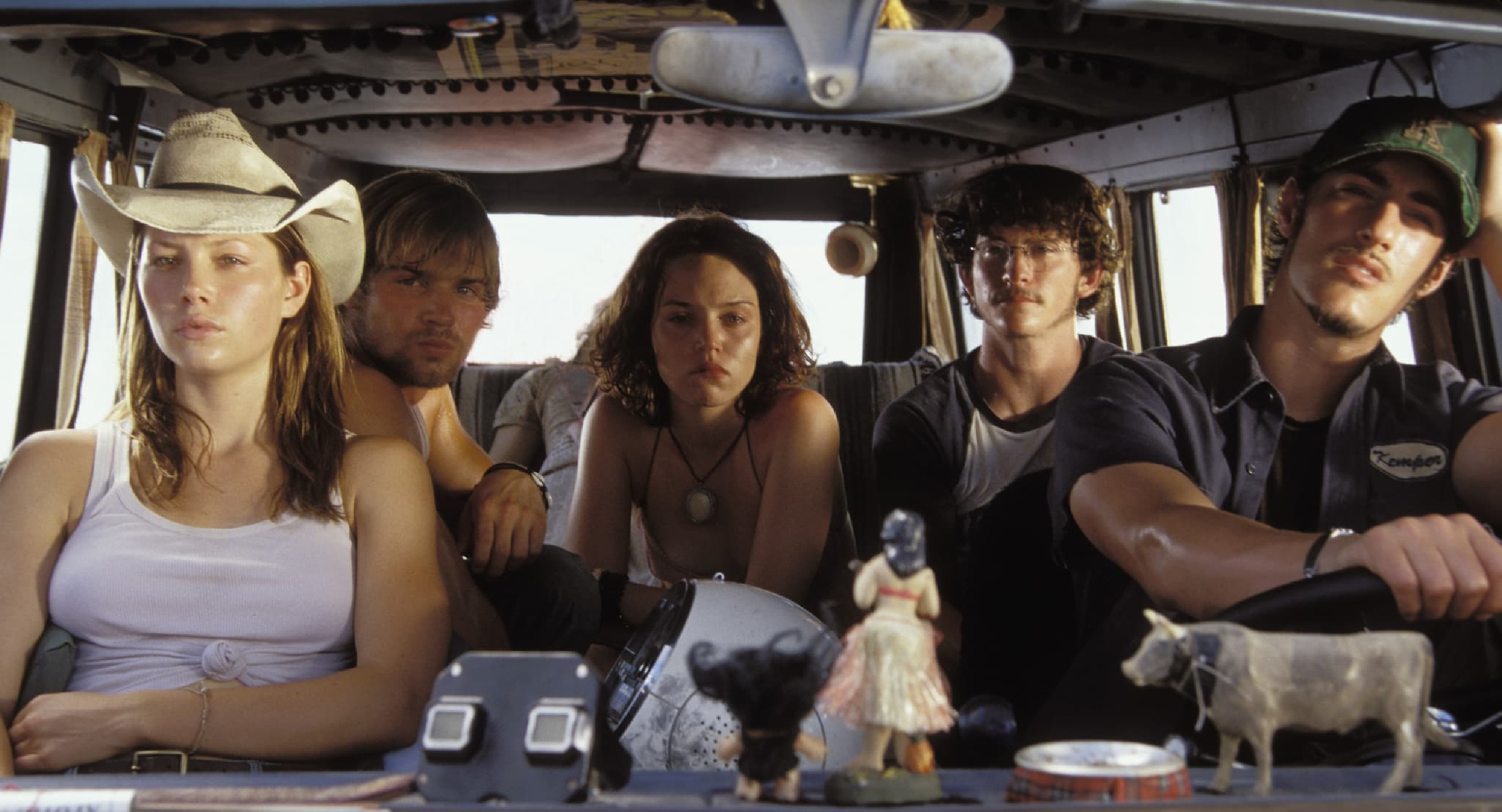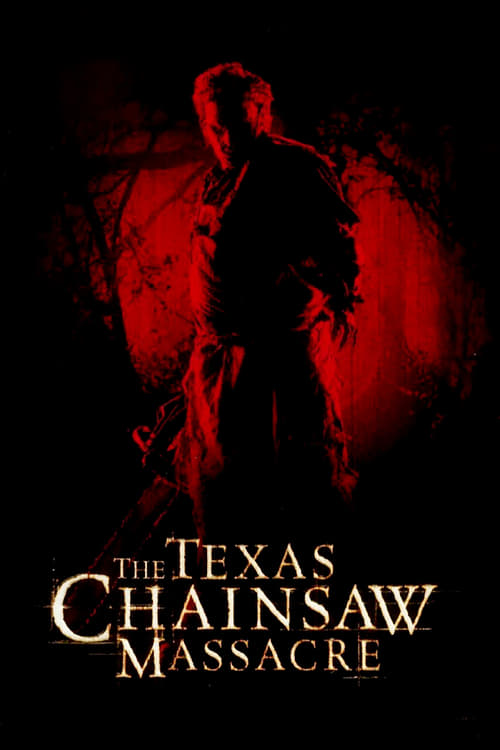The Texas Chainsaw Massacre – Film Review
Published September 30, 2023

In the annals of horror cinema, there exists a subset of films that aspire to terrify, shock, and repulse audiences in equal measure. These films, often characterized by gruesome violence, psychological terror, and a dark, brooding atmosphere, attempt to burrow deep into the human psyche, eliciting fear and discomfort. The Texas Chainsaw Massacre (2003), directed by Marcus Nispel, is a remake of the 1974 classic that aimed to rekindle the terror of the original while infusing it with a modern sensibility. Unfortunately, what transpires on screen is a grotesque misfire, a film that relies too heavily on shock value and gore, failing to engage on a deeper level.
The film follows a group of young friends who, while on a road trip, encounter a family of sadistic cannibals in the heart of rural Texas. The plot, like its predecessor, is simple, offering a thin thread upon which to string the numerous violent set pieces. The characters are woefully underdeveloped, serving as little more than fodder for Leatherface’s chainsaw. The audience is given no reason to invest emotionally in their plight, rendering their inevitable fates inconsequential. This lack of character depth robs the film of any real tension or suspense, leaving viewers apathetic to the carnage that unfolds.
Nispel’s direction, while occasionally visually striking, often descends into chaotic, frenetic camerawork that serves only to disorient the audience. The film’s aesthetic, while gritty and raw, lacks the atmospheric dread that permeated Tobe Hooper’s original masterpiece. The overreliance on jump scares and gratuitous violence becomes tiresome, numbing the audience to the intended shocks. Furthermore, the decision to excessively focus on gore and brutality, rather than building a pervasive sense of fear, cheapens the film’s impact, reducing it to a mere exercise in sadism.
The performances in The Texas Chainsaw Massacre are serviceable at best. Jessica Biel, in the role of Erin, displays moments of genuine terror, but her performance is ultimately overshadowed by the lackluster script and weak character development. The supporting cast, including Jonathan Tucker, Erica Leerhsen, Mike Vogel, and Eric Balfour, fails to leave a lasting impression. R. Lee Ermey, who portrays Sheriff Hoyt, delivers a performance that veers dangerously close to caricature, lacking the nuance needed to make his character truly menacing.
The film’s dialogue is uninspired, laden with clichés and predictable lines that do little to elevate the narrative. The characters’ interactions lack authenticity, feeling forced and artificial. The attempts at humor fall flat, further highlighting the script’s deficiencies. Moreover, the film fails to explore the psychological aspects of horror, neglecting the opportunity to delve into the minds of both the victims and the sadistic antagonists. This lack of depth robs the film of any thematic resonance, relegating it to a mere spectacle of violence.
Marcus Nispel’s 2003 remake of The Texas Chainsaw Massacre is a gory misfire that squanders the potential of its source material. Lacking in compelling characters, atmospheric tension, and meaningful dialogue, the film descends into a gratuitous display of violence that numbs rather than terrifies. While there are moments of visual flair and fleeting instances of genuine fear, they are drowned out by the film’s overwhelming reliance on shock value. For horror enthusiasts seeking a truly chilling experience, it is advisable to revisit the original 1974 classic, which remains a masterclass in psychological terror and effective storytelling. Nispel’s remake, on the other hand, serves as a reminder of the pitfalls that await filmmakers when they prioritize gore over substance, resulting in a forgettable and hollow cinematic endeavor.
